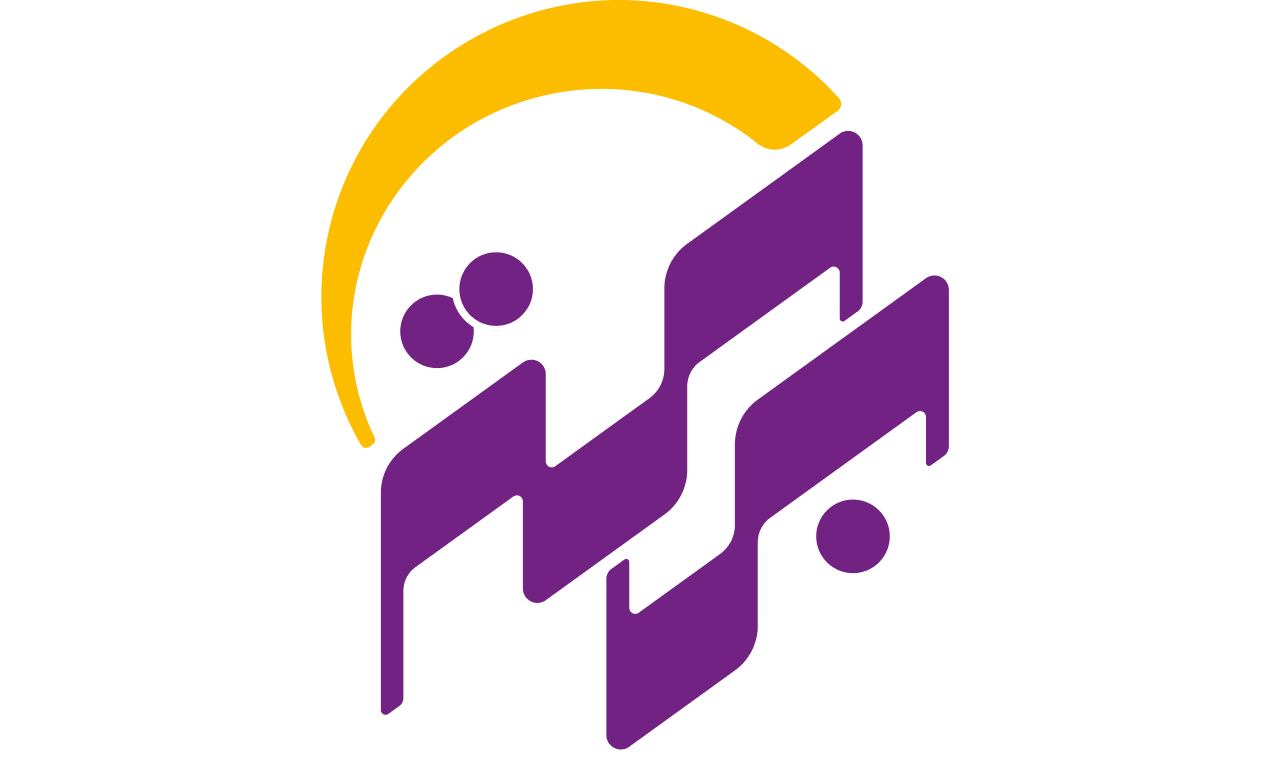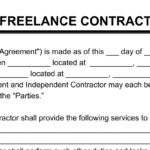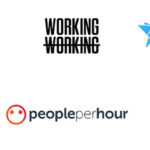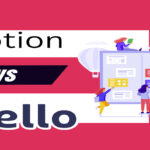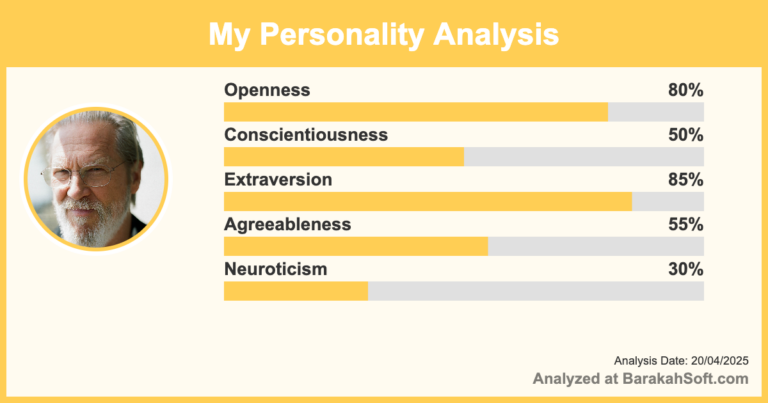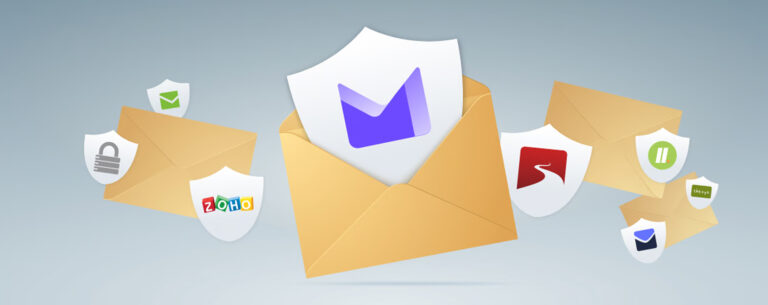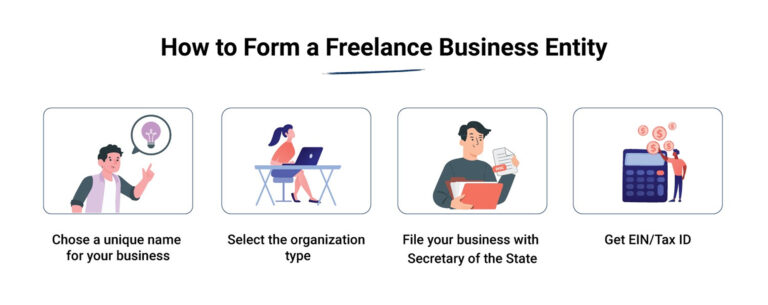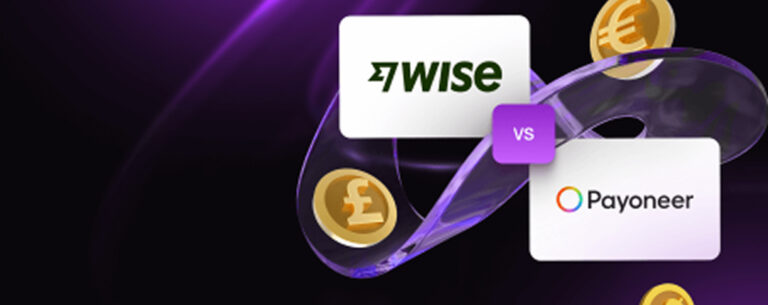You just wrapped a freelance dev project. The code is live, the invoice is paid, and the client’s happy. But there’s one question nobody asked—and it’s a big one:
Who actually owns the code?
If you didn’t cover this in a contract, you’re now in a legal gray area. And that’s a bad place to be—for both the developer and the client.
This post breaks down how code ownership works in freelance projects, what the law says, what clients assume, and how to protect yourself either way.
Why This Question Even Matters
Ownership controls everything:
-
Who can modify or resell the code?
-
Can the client hire someone else to maintain it?
-
Can the developer reuse parts of the code in other projects?
-
Who’s liable if something goes wrong later?
If you don’t define ownership up front, it can lead to:
-
Legal disputes
-
Broken client relationships
-
Risk of being sued or denied payment
What Clients Assume
Most clients believe:
“If I paid for it, I own it.”
But that’s not always true. Payment doesn’t equal ownership unless the contract says so.
If there’s no written agreement, and you’re a freelancer (not an employee), the default legal assumption in many places (like the U.S. and U.K.) is:
The creator owns the copyright — unless they explicitly transfer it.
So unless you agreed otherwise, you still own the code, even if the client paid for the project.
What the Law Actually Says (Simplified)
Here’s how ownership typically breaks down legally:
-
Work for hire (employee): employer owns the code
-
Freelancer without contract: developer owns it by default
-
Freelancer with contract: whatever the contract says is what matters
That’s why written agreements are everything. You can assign partial rights, full rights, or license rights to a client—and it all depends on how the agreement is worded.
Freelancers: How to Protect Yourself
If you’re writing code for clients, here’s how to cover ownership without getting burned:
1. Always include an ownership clause in your contract.
Make it clear what the client is getting:
-
Full rights after final payment?
-
A license to use the code but not resell it?
-
Ownership of final deliverables, but not reusable components?
Example clause:
“Upon full payment, the client will own all rights to the final deliverables. Developer retains ownership of boilerplate or reusable code components not specific to the project.”
2. Don’t transfer ownership until you’re fully paid.
Deliverables can be tied to payment, just like with physical goods. You can say:
“Ownership of all source code will transfer upon receipt of final payment.”
3. Keep reusable code separate.
If you’ve written helper functions, templates, or utilities you plan to reuse in future projects, don’t bundle them blindly into a client repo. Separate what’s custom from what’s general.
Clients: What You Should Ask For
If you’re hiring a developer, don’t assume you own the work by default. Make ownership part of the early conversation.
Ask these questions:
-
Will I own the full source code?
-
Can I modify it later without you?
-
Can I reuse the code in another project?
-
Are you using open-source components I need to track?
What to request in the contract:
-
Full ownership of custom work, delivered in source format
-
Documentation and credentials for ongoing use
-
Confirmation that the code doesn’t include licensed components that restrict use
If you’re building something that will become part of your product or IP, ownership matters—a lot.
Common Scenarios and How to Handle Them
Scenario 1: The dev uses pre-built templates or code snippets
Solution: Clarify in the contract which parts are custom vs. pre-existing. The client usually owns only the new work.
Scenario 2: You want to resell or license the code
Solution: Get full ownership in writing. Otherwise, you may be restricted from using the code commercially.
Scenario 3: You want to open-source the project later
Solution: Make sure you have full rights to the entire codebase—including third-party libraries.
Final Tip: Keep It Professional, Not Personal
Disputes over code ownership usually happen after something goes wrong:
-
A site goes down
-
A developer disappears
-
A client hires someone else and the new dev refuses to touch the old code without clarity
Don’t wait for that moment. Get clarity up front—on paper.
Conclusion
In freelance development, code ownership is not automatic.
-
Developers own the code by default unless the contract says otherwise.
-
Clients should never assume payment = ownership.
-
A simple clause in a contract can save everyone headaches later.
Whether you’re the dev or the client, get the ownership terms in writing—before the first commit, not after the last invoice.
- How Much Should a Freelance Developer Charge in 2025 (After Expenses & Taxes)?
- How to Handle Revisions as a Freelancer Without Losing Time
- Freelance Contract Templates: What You Actually Need
- What Clients Look for in a Remote Web Developer
- Top 5 Freelance Marketplaces for Developers (Ranked by Payout)
- How to Price Your Freelance Developer Services in 2025
- How to Start Freelancing in 2025 with No Experience (Step-by-Step Guide)
